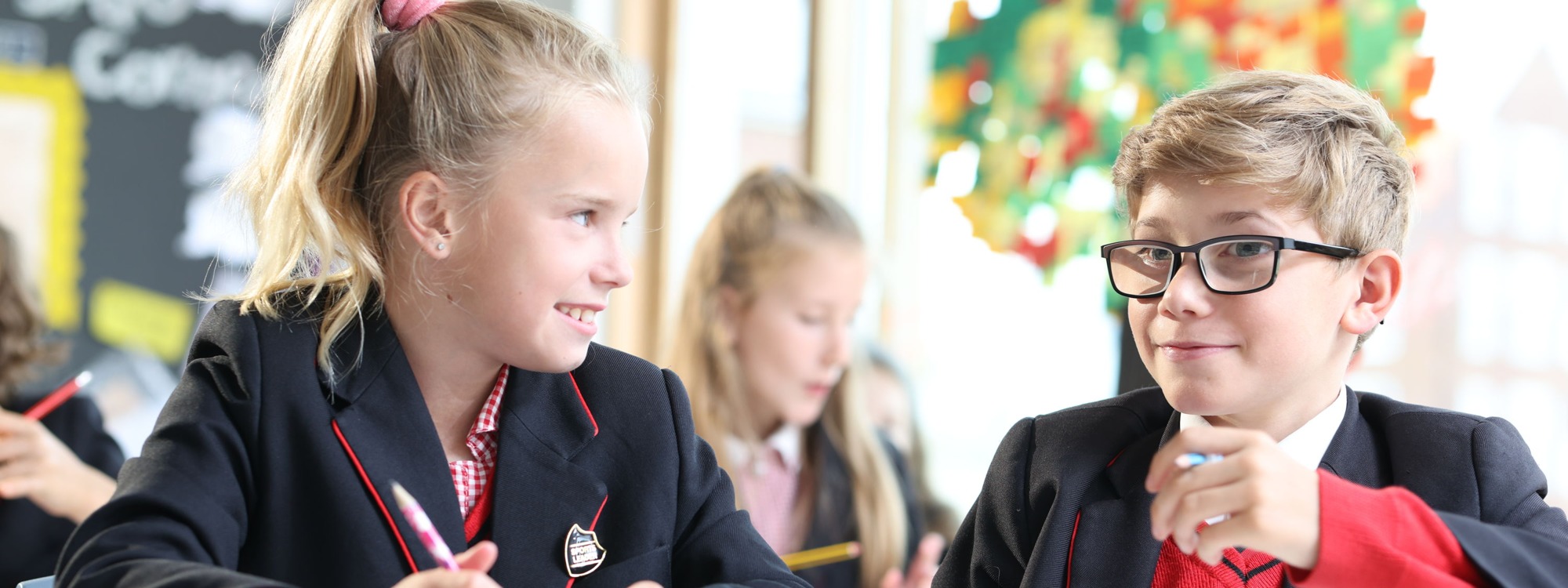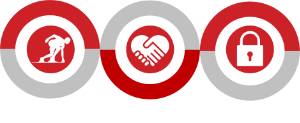Science
Science is the foundations for understanding the world through the specific disciplines of biology, chemistry and physics. Science has changed our lives and is vital to the world’s future prosperity, and all pupils should be taught essential aspects of the knowledge, methods, processes and uses of science. Through building up a body of key foundational knowledge and concepts, pupils should be encouraged to recognise the power of rational explanation and develop a sense of excitement and curiosity about natural phenomena.
Science Statement of Intent:
‘Through an inquiry-based curriculum, children will experience the joy of finding out about the fascinating world in which they live. By asking questions, exploring, and investigating their ideas and developing an understanding of working scientifically children will foster a life-long love of science and an appreciation of the intrinsic role it plays in every-day life’.
Intent
We want our children to recognise that their natural curiosity of the world in which they live is the foundation of the questioning, hypothesising and investigation of the world around them that will enable them to reach their own conclusions and lead other people in thinking. This is the essence of Science.
As a result of our ambitious, inspiring and enriching Science curriculum, founded in the principles of Inquiry Based Learning, every child has access to a broad and enriching Science knowledge base. They learn to foster their deepinging understanding and natural curiosity of the world around them that is the cornerstone for thinking and behaving scientifically. Our objective is to nurture a lifelong love of science with limitless possibilities for scientific learning. We aim to actively inspire our children to grow up wanting to be surgeons, astronauts, forensic scientists or microbiologists! We also want to inspire lawyers, bankers, chief exectuives and accountants to understand how the discipline of developing knowledge and understanding in a scientific way enriches them personally and professionally.
Every SKPS child is encouraged to embrace and relish the scientific opportunities they are presented with. Our goal is for SKPS pupils to flourish in their school science lessons, and to fondly remember and successfully utilise their science learning as they journey through life. To achieve this aim, science lessons are exciting, practical and interactive sessions that foster independent thinking and thought-provoking questioning.
At SKPS, we have a coherently planned and sequenced science curriculum which has been carefully designed and developed with the need of every child at the centre of what we do. Our curriculum goes beyond the statutory requirements of the National Curriculum, preparing them for the opportunities, responsibilities and experiences that thinking scientifically will open doors to. Pupils are encouraged to understand the importance of developing their scientific knowledge and skills with this, in turn, allowing rich and meaningful application to other curriculum areas. We want every child to extend their scientific knowledge and vocabulary and to promote a love and thirst for learning.
Implementation
- Science will be taught in weekly lessons delivered by the class teacher. This is a strategy to enable the achievement of greater depth of knowledge with children being given the opportunity to consolidate and build upon previous learning at regular, short intervals.
- Planning involves teachers creating engaging lessons that incorporate problem solving challenges that allow children to ‘find out for themselves’. Children are encouraged to ask their own questions and given the responsibility of using their scientific skills and research to discover their answers.
- Pupils are regularly given the opportunity for self or peer assessment, which is used to inform planning, preparation, differentiation and address misconceptions within that lesson, or for the next lesson.
- Teachers use highly effective assessment for learning in each lesson to ensure misconceptions are highlighted and addressed.
- Conceptual understanding is nurtured through the use of precise questioning to assess conceptual knowledge and to quickly identify those with gaps in their learning so that all children.
- The learning and skills developed in previous years are built upon so that as knowledge and understanding increases they become more proficient in selecting and using scientific equipment, collating, and interpreting results and thus, develop the ability to independently formulate their own conclusions based on real evidence.
- Working scientifically is embed into lessons to ensure these skills are being developed throughout the children’s school career and new vocabulary and challenging concept are introduced through direct teaching.
- At the start of each topic children will review previous learning and will have the opportunity to share what they already know about a current topic.
- Teaching is supported through effective CPD and access to a range of resources and planning from the Kent Scheme of Learning.
- Effective use of education visits and visitors are planned, to enrich and enhance the pupil’s learning experiences within the Science curriculum.
Impact:
The successful approach at SKPS results in a fun, engaging, high-quality science education that provides children with the foundations and knowledge for understanding the world. Children recall the rich learning experiences they have been provided with and appreciate that each new taught concept provides a new, or builds on an existing, learning block. This ensures valuable connections are made and children know more, remember more and understand more. Through thinking critically, questioning effectively and using their metacognitive skills to support their learning our children know how to persevere and embrace challenge and as a result, enjoy Eureka moments of success!







